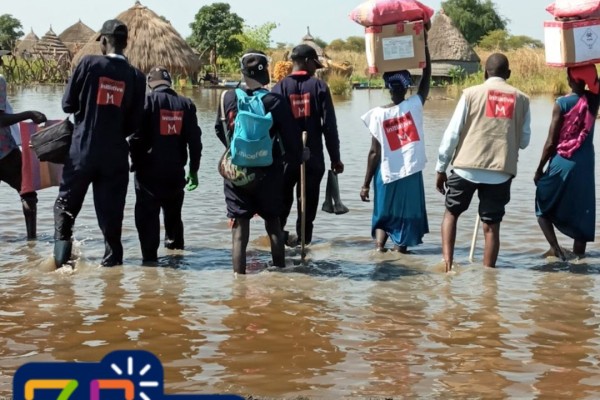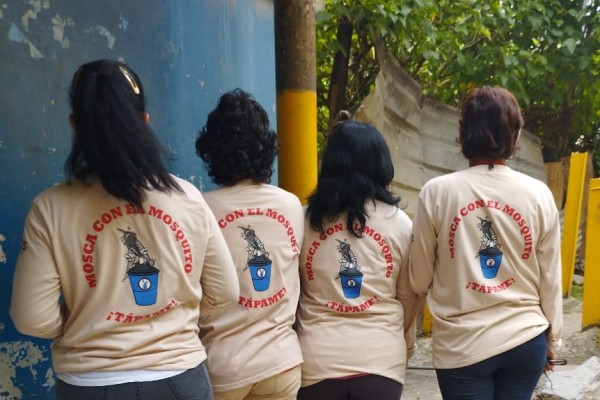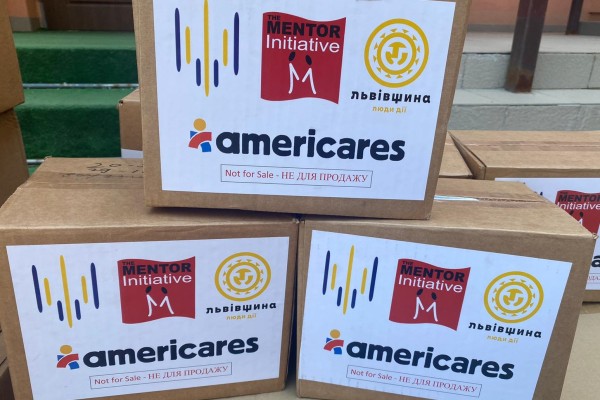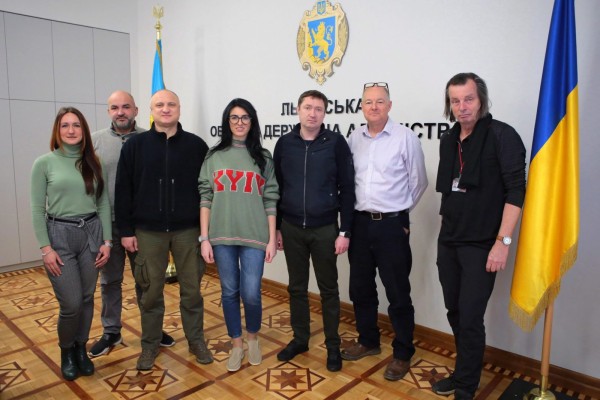MENTOR supports supply chains in country to make sure essential medical supplies reach remote areas which are not served by existing systems. This ensures supplies are available and can be accessed in challenging contexts.
Supply chain models are planned and tailored to specific needs, using alternative transportation and the strategic distribution of supplies when necessary.
MENTOR makes sure medicines and medical equipment are continuously available by addressing the challenges of remote access and limited infrastructure.
These efforts have resulted in improved access to essential healthcare resources in remote areas. By supporting supply chains, previously underserved communities receive timely medical supplies, including diagnostic tools, medicines and vector control materials.
Increased access contributes to more effective disease management, reduced morbidity and mortality rates, and improved health outcomes.
The main challenges to guarantee on time reliable supply chains include:
- limited infrastructure and processes capable of transporting and storing supplies, and
- security risks associated with limited access in conflict areas.
MENTOR addresses these through robust risk management strategies, community engagement, and improving infrastructure and transportation systems.
Through collaboration and innovation, medical supplies reach the most remote and vulnerable communities, reducing the burden of infectious diseases and ensuring healthcare access for all.




